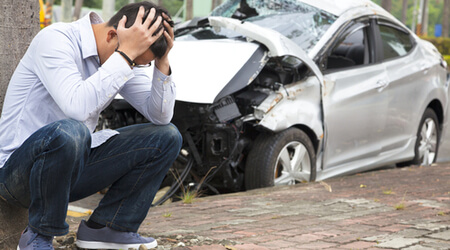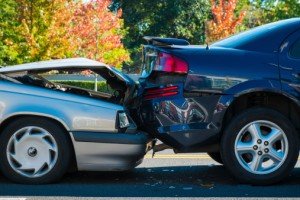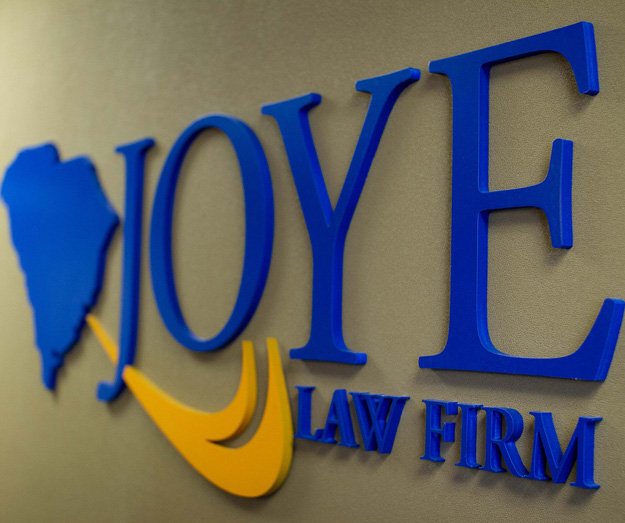Currently, Tesla vehicles that are equipped with ‘autopilot’ are fully legal in the state of South Carolina. That being said, serious questions are currently being raised about the safety of these cars. In fact, Consumer Reports, one of the nation’s foremost consumer protection organizations, has recently called on the company to temporarily suspend their autopilot mode. Controversy initially arose earlier this year when several different serious car accidents were linked directly to autopilot. As has been reported on by Columbia’s own WIS 10, currently at least three different major accidents have been blamed on autopilot. In the unfortunate event that you or a family member has been injured in a Tesla autopilot accident, it is imperative that you contact an experienced Columbia car accident lawyer as soon as possible.
What is Autopilot and How Does It Work?
Tesla’s autopilot feature is considered by many to be a forerunner to fully self-driving cars. In many ways, autopilot is similar to a self driving car. Though, still, autopilot is only a semi-autonomous feature. When activated, the autopilot software can keep a vehicle in the correct lane and can control its speed. In fact, when in autopilot, a driver can take his or her hands off of the wheel entirely. The software will then correct any issue so that the vehicle stays consistent with the flow of traffic and remains steady in the appropriate lane. Though, as was mentioned the autopilot feature is far from perfect at the current time. Now it’s failure has even been linked to a deadly accident in the southeastern United States.
The Anatomy of a Tesla Autopilot Accident
The first recorded deadly autopilot accident took place on May 7th, 2016 in Williston, Florida. At the time of the accident, it was not public knowledge that autopilot had contributed to the wreck. However, earlier this summer, the National Transportation Safety Board (NTSB) released the preliminary results of their accident investigation. These results made major headlines throughout the Southeast and around the country. The NTSB report included many notable findings that revealed precisely how the accident happened. Here is some of the key findings from the NTSB:
- Immediately before the accident, the Tesla was following a large commercial truck;
- At that point, the autopilot mode was activated and it was controlling the speed of the vehicle;
- The NTSB believes that the driver had his hands off of the steering wheel;
- As it was very sunny day, there was a significant amount of glare;
- NTSB investigators believe that the Tesla software misinterpreted the white side of the truck’s trailer as open sky, likely due to the glare;
- Due to that misidentification, the software failed to slow the vehicle down;
- The Tesla slammed directly into the side of the trailer.
Based on the findings, it appears to be unquestionable that the mistake made by the autopilot software played a substantial role in causing the fatal accident. However, thus far, Tesla has publicly asserted that the company is not liable for the accident. Additionally, the company believes that they will not be liable for any similar accidents in the future.
Tesla Denies Liability for the Accident
Tesla’s argument is relatively straightforward. They start by pointing to their marketing material and to the vehicle’s operator’s manual. Both highlight the fact that autopilot is a semi-autonomous feature. Of course, this means that it is not at this point fully autonomous self-driving software. Therefore, in the opinion of the company, the driver of that car, and other all Tesla cars, still bear ultimate responsibility for keeping control of their own vehicle. Essentially, the company believes that Tesla drivers have a legal duty to always have their hands on the wheel of their car. While the autopilot mode can help control the car, the company believes legal liability should still fall on the driver.
Is Tesla Right? Not So Fast
In South Carolina, auto manufacturers, and other companies, can be held liable for any harm caused by their defective products. Of course, Tesla is making the argument that their autopilot feature is not defective at all. Even though its mistake caused the accident, Tesla contends that the feature was simply being misused by the consumer. In some cases, this argument could help companies escape liability. However, that is certainly not always the case. A company can still be held liable for a defective product if an injured party can establish that:
- The company created a false impression in the minds of consumers; or
- The company failed to adequately warn consumers about the risks associated with their product.
If either of these occurred, and then they led to an accident, the company could be held liable for the resulting injuries.
South Carolina Tesla Accidents: Product Liability
There is little doubt that Tesla has been ‘talking up’ their autopilot mode feature. While it is understandable that the company wants to create demand for their product, they still have a duty not to put consumers at risk. Tesla’s boasting and marketing strategy may have created false, but reasonable, impressions in the minds of its customers. Certainly, this can potentially have very dangerous consequences. For example, the driver in the Williston, Florida accident may have taken his hands off of the wheel because he truly trusted the software in his Tesla. The company’s actions may have placed a false sense of security in his mind. If that was true, then the company may bear liability for the accident. Ultimately, companies that sell products in Columbia and throughout South Carolina have a legal duty to fairly warn consumers about any safety risks associated with their products. Simply putting a disclaimer in a safety manual is not enough. If false impressions or the negligent failure to warn about safety risks, contributed to an accident, the manufacturer may be held liable for the resulting injuries.
Do You Need Legal Assistance?
If you were injured in a Tesla accident, whether as the driver of the Tesla, the passenger or as an occupant of another vehicle, you deserve fair compensation. The Columbia car accident attorneys at the Joye Law Firm can help. We have assisted many car accidents victims throughout the state of South Carolina. Please do not hesitate to contact our team today to set up a no-fee, no-obligation review of your case.


































